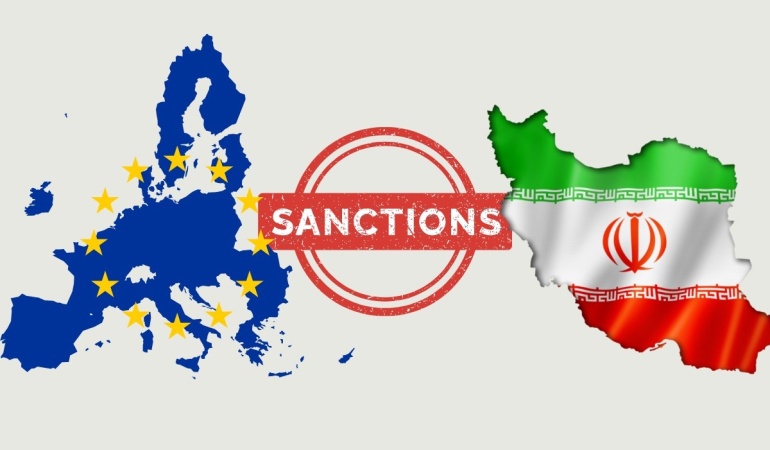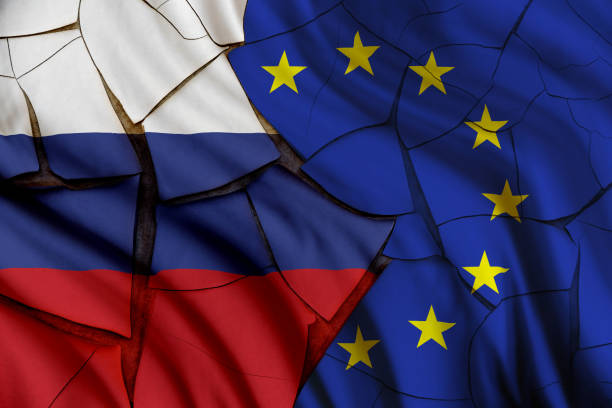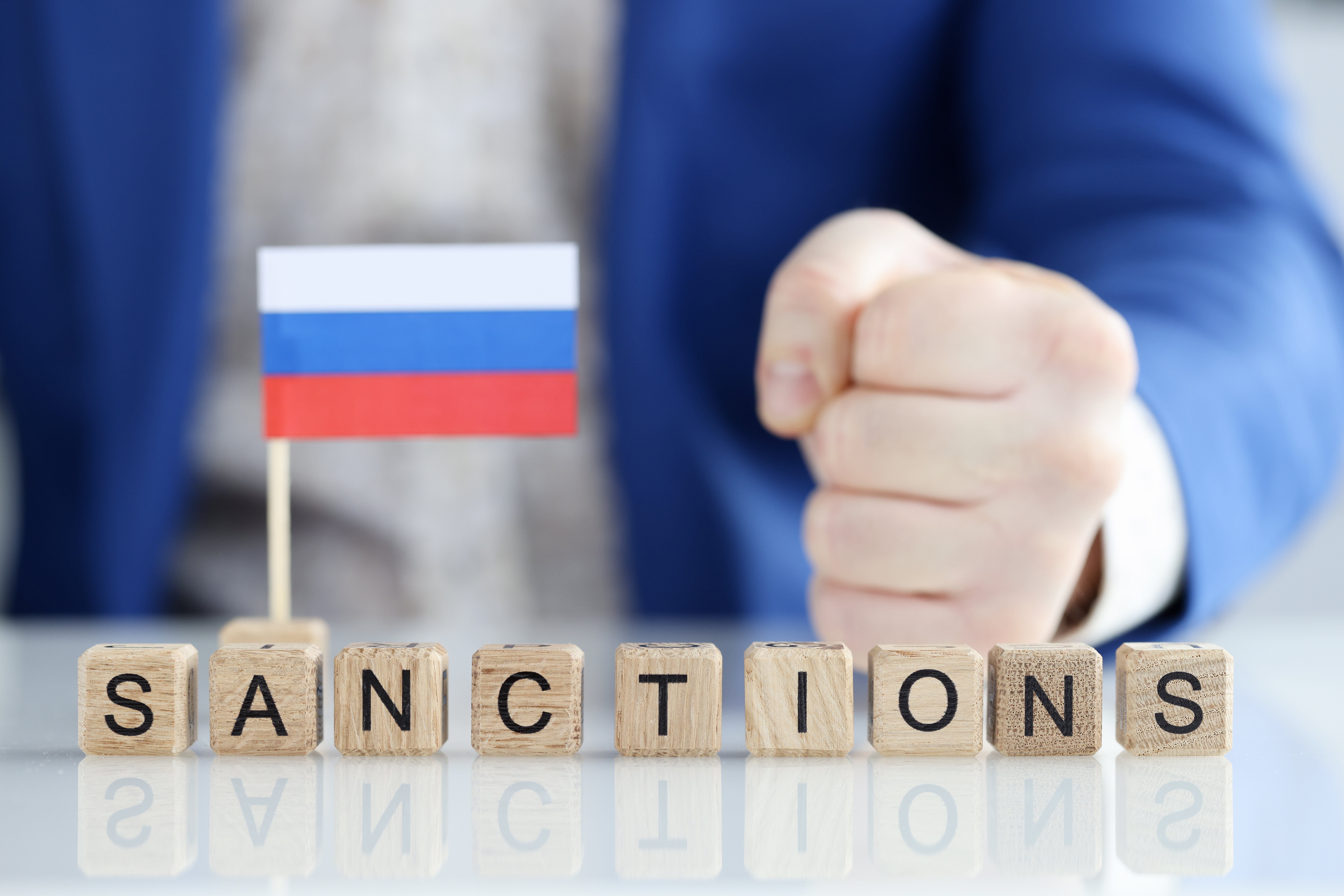On 18 November 2024, the European Union announced a significant extension of its sanctions against Iran in response to Tehran’s ongoing military support for Russia’s invasion of Ukraine. These sanctions target key Iranian and Russian entities involved in the transfer of Iranian-made Unmanned Aerial Vehicles (UAVs), missiles, and related technologies that support Russia’s war efforts.
The EU’s expanded restrictive measures now include a prohibition on the export, transfer, or sale of components necessary for the production of missiles and UAVs to Iran. This decision reflects the EU’s commitment to limiting Iran’s ability to contribute militarily to Russia’s illegal war. Additionally, the EU has imposed a ban on transactions with Iranian-controlled ports and shipping facilities used for transporting weapons and missile-related technology to Russia.
Key entities affected by these new sanctions include the Islamic Republic of Iran Shipping Lines (IRISL), Iran’s national maritime carrier, and its director, Mohammad Reza Khiabani. IRISL has been involved in the transportation of drones on behalf of Iran’s Islamic Revolutionary Guard Corps Navy (IRGC), an entity already under EU sanctions. The EU has also targeted three Russian shipping companies—MG Flot, VTS Broker, and Arapax—whose vessels are involved in transporting Iranian-made weapons across the Caspian Sea to resupply Russian forces fighting in Ukraine.
These sanctions mark a continuing escalation in the EU’s response to Iran’s increasing military involvement in the conflict. In September 2024, the EU condemned the transfer of Iranian ballistic missiles to Russia, recognizing them as a significant threat to European security. The European Council has repeatedly stated that should Iran transfer more advanced weaponry to Russia, the EU would respond with further restrictive measures.
The EU’s decision is part of broader international efforts to curtail Iran’s role in exacerbating the war in Ukraine. The EU has been aligning its actions with other global partners, ensuring that restrictive measures are comprehensive and impactful. By limiting Iran’s access to critical military technologies and disrupting its logistical networks, these sanctions aim to weaken Tehran’s ability to support Russia’s military campaigns.
Moreover, the EU has indicated that these sanctions will remain under review, with the possibility of further tightening them as the situation evolves. This includes ensuring that entities and individuals facilitating the circumvention of sanctions are also targeted.
For the EU, the primary objective of these sanctions is to restrict Russia’s access to key technologies that enhance its military capabilities, specifically in the areas of missile development and UAV operations.
MK Compliance Limited can provide daily/weekly/monthly updates on sanctions, and AML regulatory developments. These updates ensure that you are kept informed about the latest regulatory changes, therefore ensuring comprehensive compliance.
In addition, we provide sanctions-related consulting services, including transaction reviews, screenings and background checks on your clients and related individuals/entities/counterparties, to ensure your business operations remain fully compliant with all applicable sanctions, mitigating the risk of breaches.
The content of this article is valid as at the date of its first publication. It is intended to provide a general guide to the subject matter and does not constitute legal advice. We recommend that you seek professional advice on your specific matter before acting on any information provided.
For further information or advice, please contact info@compliancemk.com.




